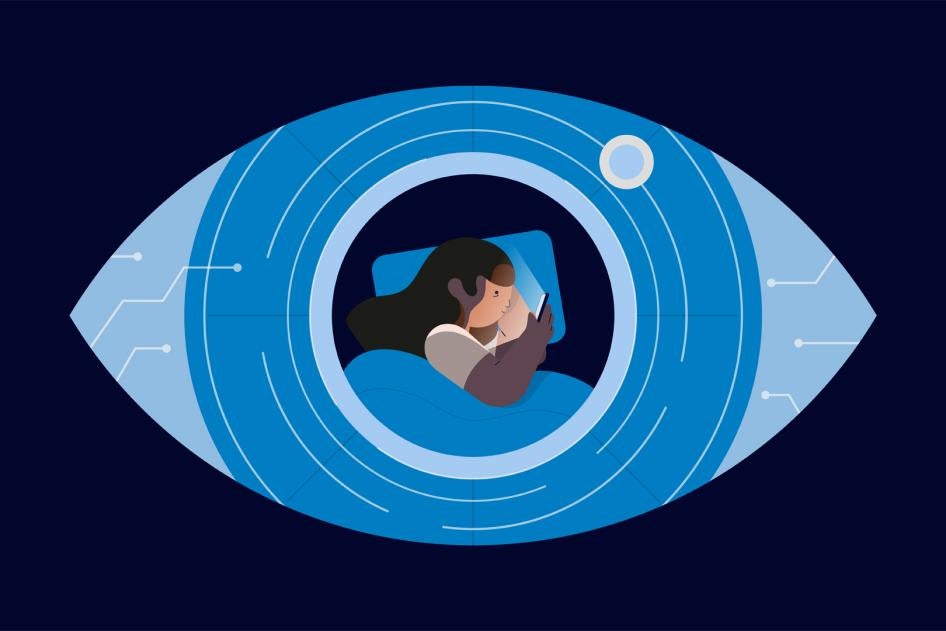The United States Federal Trade Commission (FTC) has made history by suing an online learning company, Edmodo, for collecting and using children’s data to target them with behavioral advertising. The proposed $6 million fine, which awaits a final ruling, comes one year after Human Rights Watch uncovered how Edmodo and other online learning products authorized by governments during the Covid-19 pandemic infringed on children’s privacy.
Edmodo was a website and app widely used by children in kindergarten, elementary, and middle schools across the US until September 2022, when the company pivoted to only selling its product to governments. The company benefited from explosive demand in 2020, reporting a 1,500 percent increase in users in the first five months of the pandemic as governments and schools rushed to connect children to online learning.
An investigation by Human Rights Watch in May 2022 found that Edmodo was designed with the capacity to surveil children and harvest their personal data for advertising. Our technical analysis found that Edmodo could not only invisibly tag children and identify their devices for the sole purpose of advertising to them, but also enabled other advertisers to do the same by embedding ad-specific third-party code on its platform. After multiple requests for comment, Edmodo told Human Rights Watch in July 2022 that it did “not share [its students’] personal data with any Edmodo business partners or third parties.”
The FTC evidently disagreed: Its complaint, filed by the US Department of Justice, matches our findings.
The FTC is sending a strong message to “others in the ed tech industry,” and the suit marks the first time the agency has moved to ban a company from compelling children to give up their privacy in order to learn.
Too often, governments leave children unprotected on the internet. Most companies we investigated continue to surveil children online, many citing the lack of laws compelling them to do otherwise. The FTC could only build its case against Edmodo on the narrow grounds that the company had violated a privacy law so outdated that Senator Ed Markey, one of its authors, is seeking to replace it.
President Joe Biden has twice called on Congress to pass comprehensive child data protection laws, and the Surgeon General has appealed to policymakers to compel companies to protect children’s privacy. Congress is long overdue on its homework: it should pass strong laws protecting all children as they spend increasing amounts of their childhood online.
Learn more about our global campaign, #StudentsNotProducts, to demand online protections for children.








